Tensions are high in West Asia after Iran launched a salvo of missiles on Israel. After the Tuesday (October 1) assault, Israeli Prime Minister Benjamin Netanyahu said Tehran had made a “big mistake” and will “pay for it”.
Israel is expected to hit back, which could further trigger a response by Tehran. With this, Israel is involved in four active conflicts in West Asia.
Let’s take a look at them.
Iran
Iran fired roughly 200 ballistic missiles in an unprecedented assault on Israel on Tuesday night, deepening the conflict in West Asia. While most of these missiles were intercepted by Israel and its allies, some landed in central and southern parts of the country.
Tehran said its attack against Israel was in response to the assassination of the Lebanese group Hezbollah’s leader Hassan Nasrallah and Iran’s Islamic Revolutionary Guard Corps (IRGC) commander Abbas Nilforoushan in Beirut last week, and the killing of Hamas leader Ismail Haniyeh on Iranian soil in July.
It also said the missile strikes were a response to Israel’s deadly attacks in Gaza and Lebanon.
Nasrallah, who led Iran-backed Hezbollah for over 30 years, was killed in an Israeli airstrike in his underground headquarters in Beirut last week. The Lebanon-based militant group is part of the so-called Axis of Resistance, a network of militant Islamist groups backed by Iran to resist Western influence in the region and confront Israel.
Iran and Israel were last involved in direct tit-for-tat attacks in April. Tehran had attacked Israel for striking an Iranian consulate in the Syrian capital Damascus, killing seven of Iran’s senior commanders and military personnel. Israel retaliated by launching a strike against air defences protecting a military base near the city of Isfahan in Iran.
Iran and Israel were not always bitter foes. In fact, Israel had close ties with Tehran after its creation in 1948. However, the 1979 Islamic Revolution in Iran changed the relationship between the two. While Israel did not recognise the new Islamic Republic, Iran’s ayatollahs saw Israel as illegal occupiers of Jerusalem.
The two became hostile rivals after Iran built up and funded proxy militias in Syria, Iraq, Lebanon and Yemen. Today, the former friends are on the brink of war.
Gaza
Israel’s war with the Palestinian Islamist group Hamas is nearing a year. Hamas, considered a proxy of Iran, came into being in 1987 after the first intifada or Palestinian uprising against Israeli rule.
Hamas has been ruling Gaza since 2007. The militant group was thrown into the limelight after its deadly attack on Israel on October 7 last year. Several Hamas fighters entered Israel, killed many people and took hostages. According to Israel, 251 Israelis and foreigners were taken into Gaza by Hamas militants.
The militant group killed 1,200, mostly civilians, on October 7. Soon, Israel launched its war on Hamas in Gaza, with relentless air strikes on the narrow strip.
Israel’s war continues even after a year as a ceasefire remains evasive under PM Netanyahu. Israel’s conflict in the narrow strip has displaced most of its 2.3 million population and killed more than 41,600 people, according to Gaza health authorities.
On Wednesday (October 2), Palestinian medical officials said that Israeli strikes killed over 60 people in southern Gaza overnight, as its military launched ground operations in Khan Younis in the southern part of the enclave.
The escalation came after Iran launched a barrage of ballistic missiles at Israel on Tuesday night.
Lebanon
The Lebanese group Hezbollah was formed in 1982 reportedly by Iran’s Revolutionary Guards against Israeli occupation of southern parts of Lebanon.
Israel and Hezbollah fought a 34-day war in the summer of 2006. Since Hamas’ attack last October, the two have regularly exchanged fire along the Lebanese-Israeli border.
Tensions have escalated majorly in recent days. Israel has launched a ground invasion in southern Lebanon, which it describes as “limited, localised and targeted” raids against Hezbollah.
This comes weeks after it delivered heavy blows to the Iran-backed group, including killing the Hezbollah leader Nasrallah.
According to Hezbollah, its fighters clashed with Israeli troops in the Lebanese border town of Odaisseh, forcing them to retreat. Israeli media reported that two Israeli soldiers were killed and 18 others wounded in the clashes.
The group said on Wednesday that it is fighting Israeli forces infiltrating the town of Maroun al-Ras from its eastern side, reported Al Jazeera.
Israeli airstrikes and artillery have been targeting southern Lebanon as Hezbollah – considered the most powerful armed group in the region – fires more rockets and missiles into Israel.
Hezbollah is reeling from huge damage, with Israel killing more than a dozen top commanders in recent weeks. The group had also blamed Israel for exploding pager and walkie-talkie attacks that killed or wounded thousands of Hezbollah members.
Israeli strikes have killed more than 1,000 people in Lebanon over the past two weeks, as per an Associated Press (AP) report.
Yemen
Houthis, the Yemen-based Shia armed group, has been fighting Saudi-backed forces in the country’s civil war for a decade. Since Israel declared war on Hamas last October, the Houthi rebels have launched strikes at commercial and military ships linked to Israel and its allies in the Red Sea, threatening global trade.
The Houthis have vowed to keep fighting until Israel’s war in Gaza ends.
On Wednesday, the Houthi rebels said they fired projectiles “deep inside” Israel “in support of both the Palestinian and Lebanese peoples”. Israeli officials are yet to confirm this.
“The missiles successfully hit their targets,” Houthi military spokesman Yahya Saree said in a statement, as per Al Jazeera.
Recently, Israeli air strikes hit the vital port of Hodeida in Yemen after the Houthis said they fired a missile at Ben Gurion Airport in Tel Aviv.
The bombing at the Ras Isa and Hodeidah ports killed at least four people and injured dozens. The Israeli military said it targeted seaports and power plants in war-torn Yemen “which are used to import oil for military use by the Houthi terrorist regime”.
Israel’s Western allies have been bombing Yemen for months to deter the Houthis from targeting Israel-linked vessels in the Red Sea.
Israel attacked the Houthis last in July when it bombed Hodeidah port, killing at least six people and leaving dozens of others wounded. These strikes came after the Houthis crashed an explosives-laden drone into Tel Aviv, causing one casualty and injuring 10 others.
With inputs from agencies


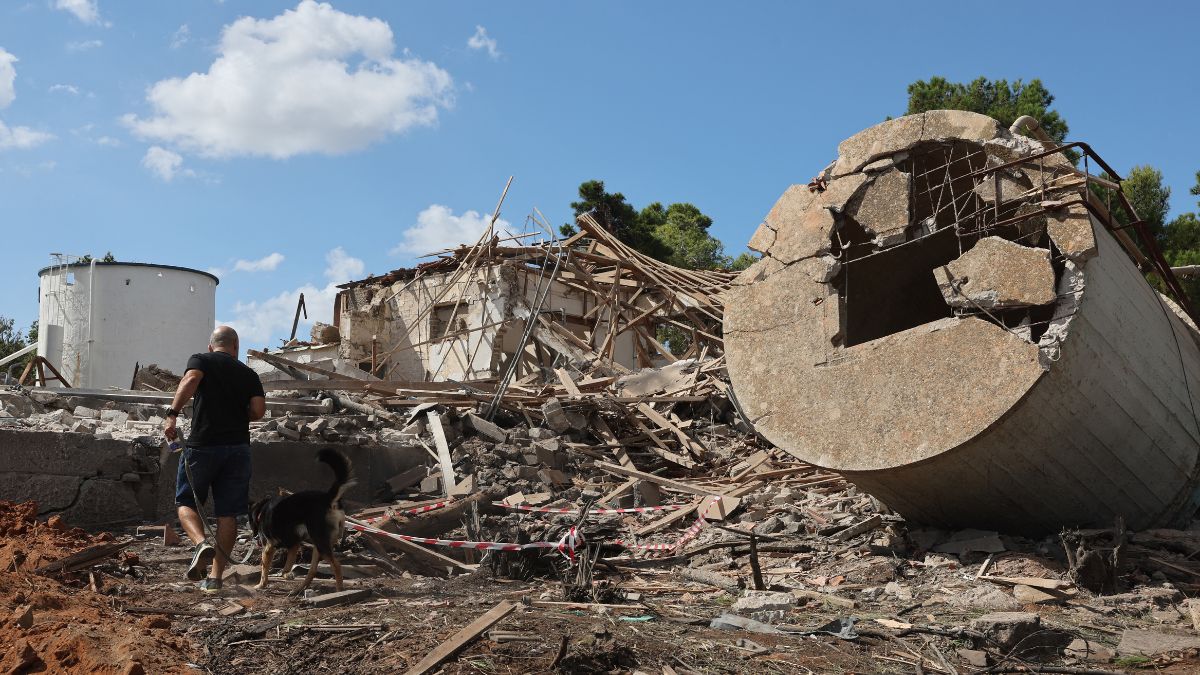)
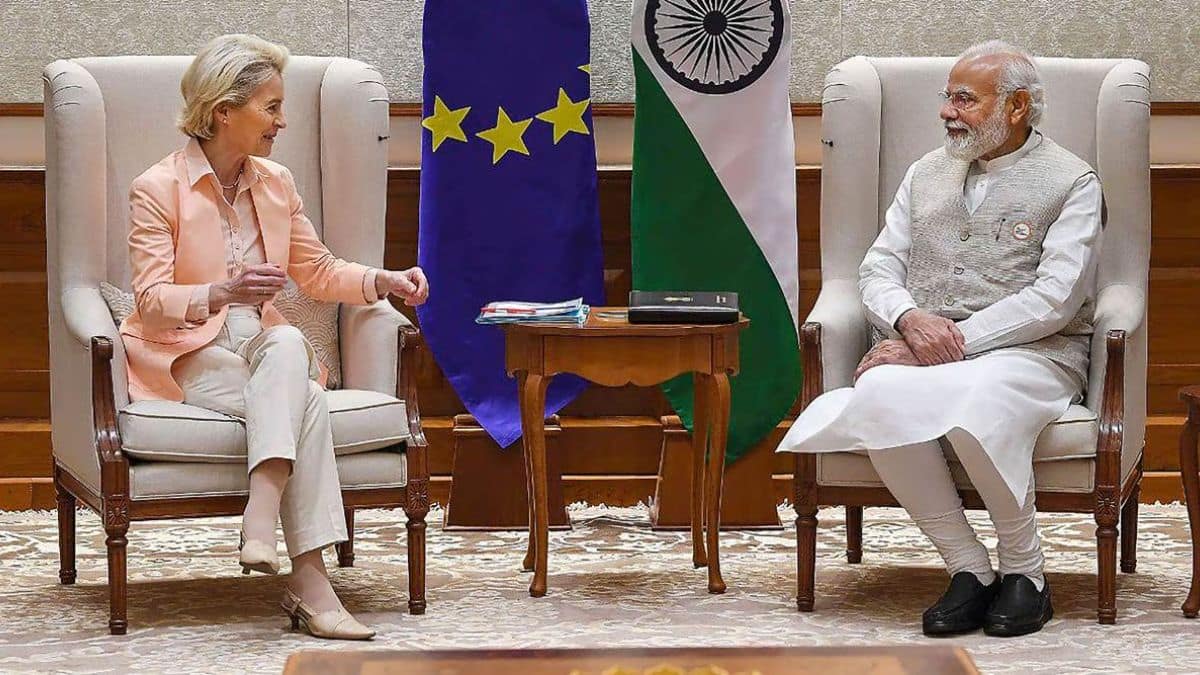
)
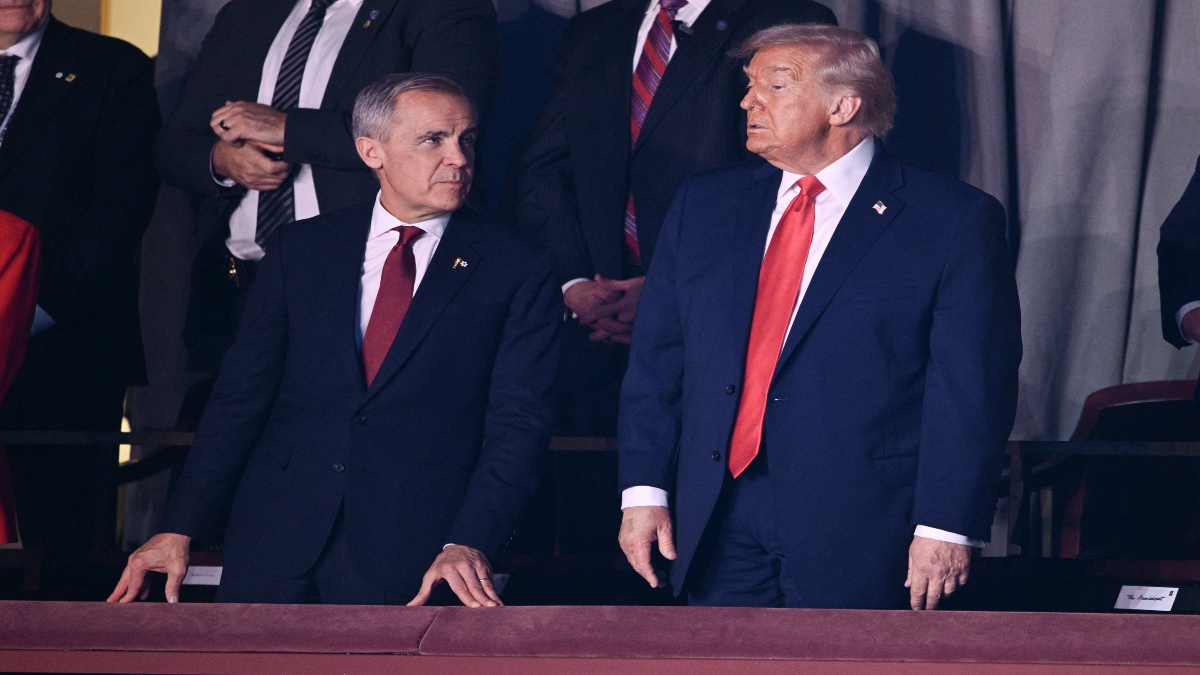)
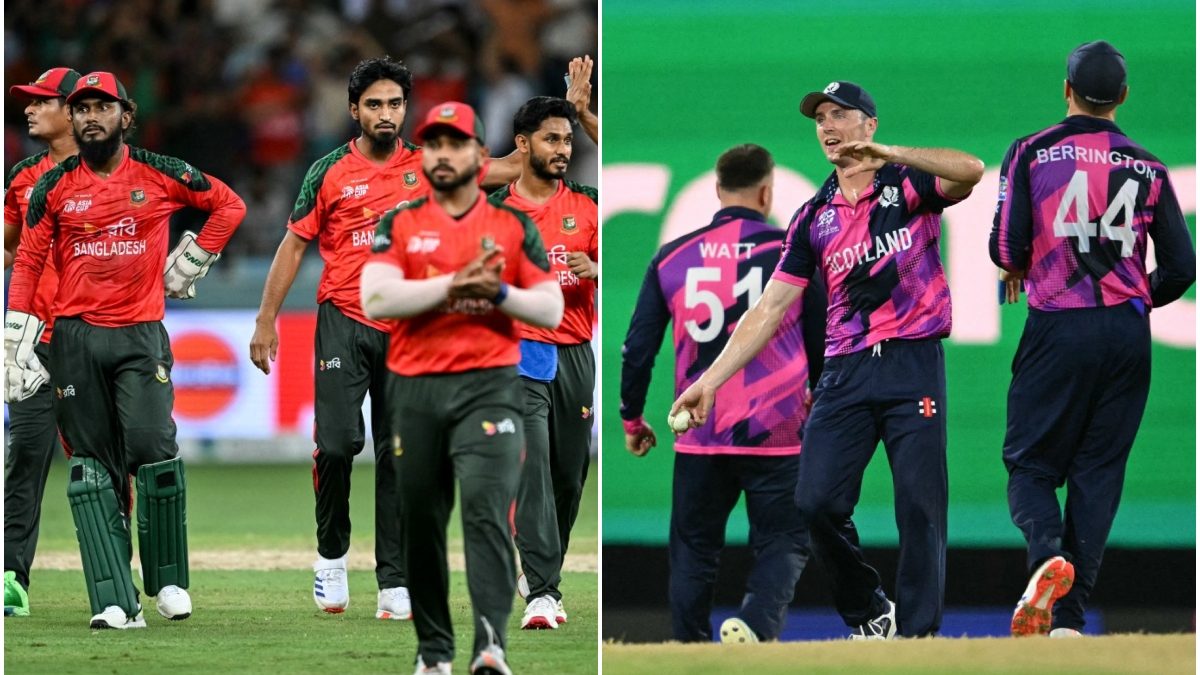)
)
)
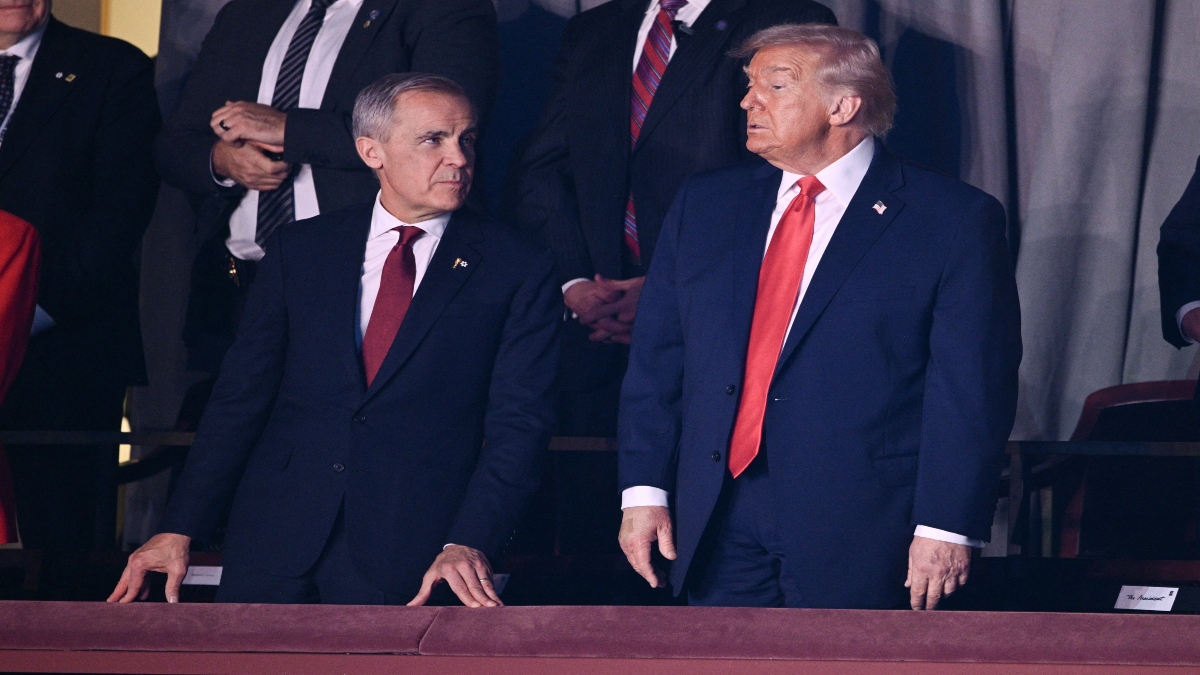)
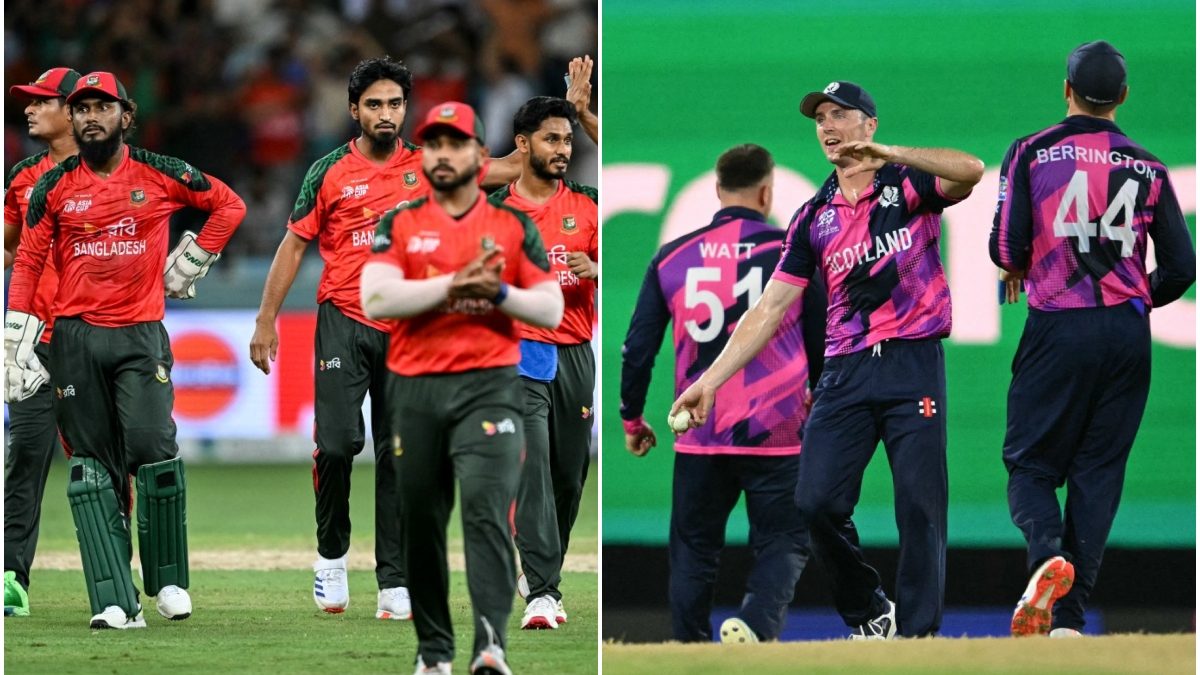)
)



